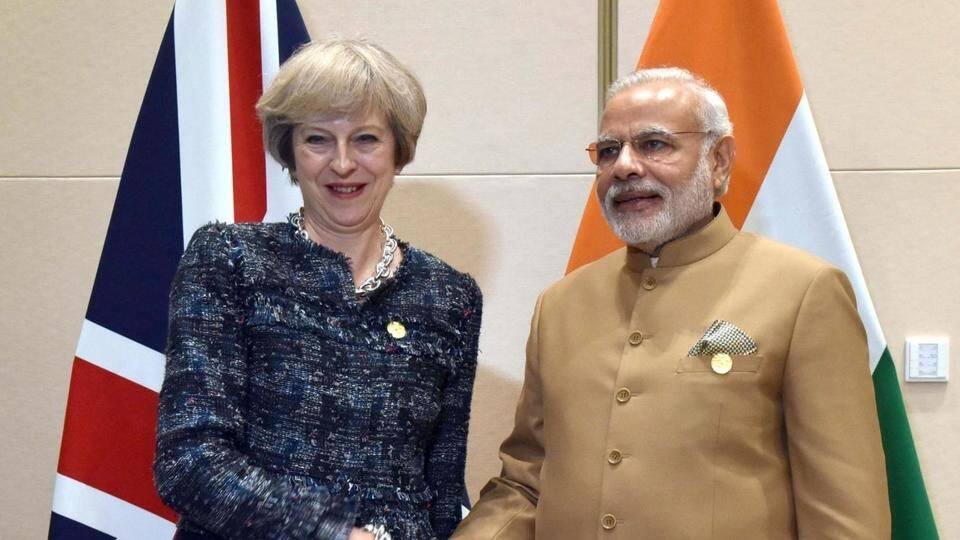
UK turns down two extradition requests by India
What's the story
In recent weeks, UK has rejected two extradition requests by India. The decision came from London's Westminster Magistrates' Court, the same court that is hearing the Vijay Mallya case. The two requests related to alleged bookie Sanjeev Kumar Chawla and British-Indian couple Jatinder and Asha Rani Angurala, who are accused of fraud. Interestingly, Mallya's extradition trial is set to begin a month from now.
Bookie
What happened in case of Chawla?
Chawla is accused in a 2000 match-fixing involving South African cricketer Hansie Cronje. Judge Rebecca Crane admitted there was a prima facie case against him, but quoted evidence that his rights would be violated in Tihar Jail. Crane listed as issues "overcrowding, lack of medical provision, risk of being subjected to torture and violence from inmates/prison staff". She then ruled in favor of Chawla.
Fraud
What was the British-Indian man accused of?
The Anguralas were wanted in a fraud case against Bank of India during 1990-93. Jatinder illegally sanctioned loans to himself, his wife and others. Though he promised to repay, he didn't deposit the whole amount. Both were arrested on an extradition warrant in 2015 and remanded on conditional bail. Judge Emma Arbuthnot criticized the CBI for considerable delays in arrest despite knowing their address.
Information
What about his wife?
"He is aged 69, not in the first flush of youth, he has minor health issues... it is just too late and it would be wrong to extradite him now," Arbuthnot noted about Jatinder. Similarly, she denied extradition of his wife citing passage of time.
Laws
The India-UK Extradition Treaty was implemented in 1993
The India-UK Extradition Treaty was signed in 1992 and implemented in November 1993. The latest extradition under it was of Bangladeshi national Mohammad Abdul Shakur, who was wanted in the UK for murder. Apart from Mallya, India has also requested extradition of fugitives Tiger Hanif, Rajesh Kapoor, Atul Singh, Shaik Sadiq and Raj Kumar Patel.